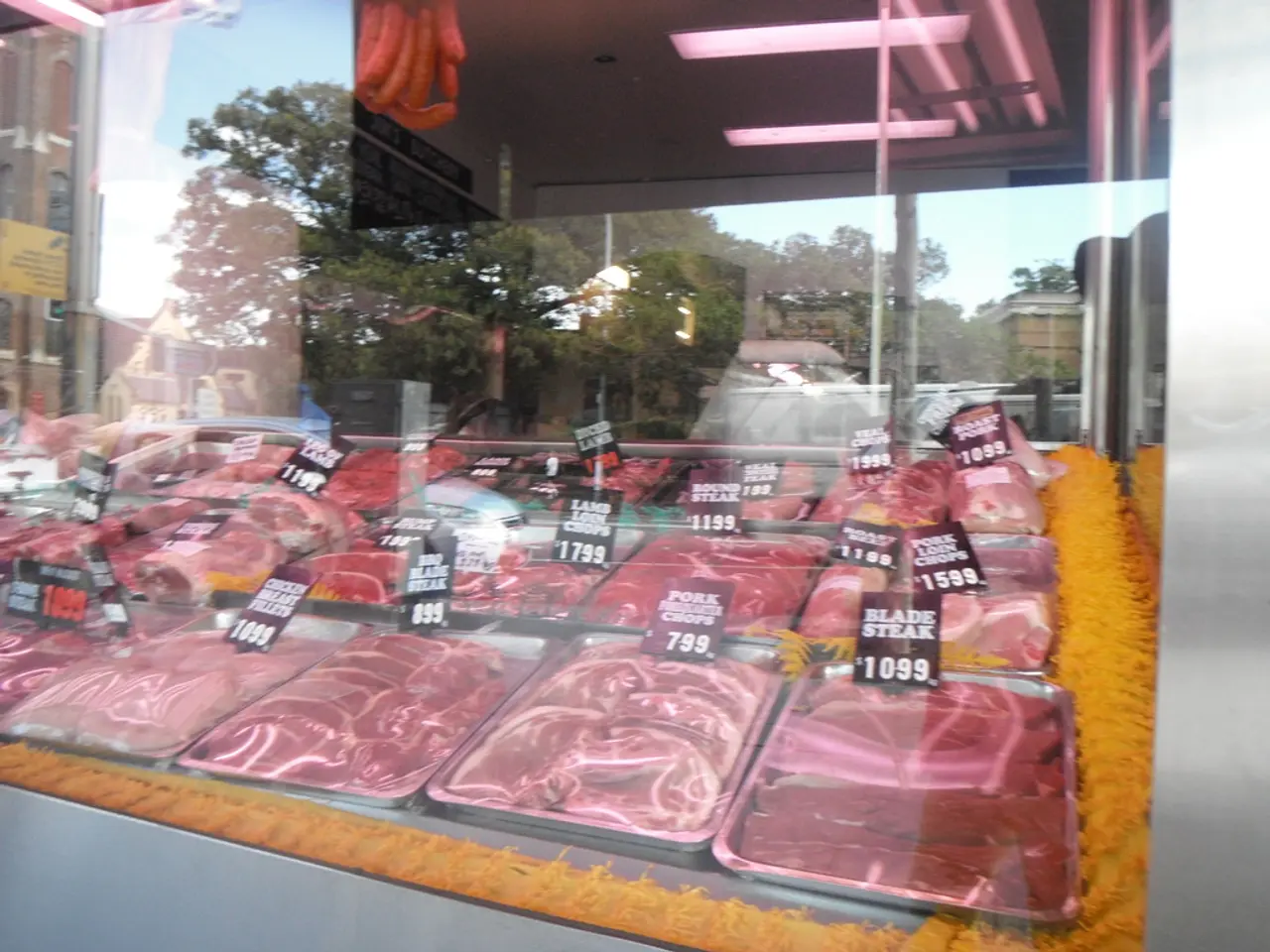Siddhi Capital outlines its investment strategy: 'GLP-1 is our AI, signifying a significant opportunity'
In the current challenging investment climate, foodtech investors are adopting a more selective, strategic, and informed approach, focusing on later-stage companies with proven unit economics, strong supply chains, and clear paths to profitability. This shift away from early-stage startups without demonstrated traction is a response to the uncertain funding landscape.
Liberation Bioindustries, a precision fermentation company, is building biomanufacturing infrastructure in Indiana. This development changes the script for all precision fermentation product companies, allowing them to raise less money for their series B and have customers talking to them because they can be up and running in six months. One such company is ProFuse Technology, which has expanded its remit to tap into the GLP-1 market.
The GLP-1 market is attracting attention from various players. Startups like Lembas and SuperGut are working in this sector, while Magic Spoon, a high-protein cereal brand, is seen as well-positioned. Siddhi Capital, an investor, is excited about the foodtech area of GLP-1, which is a huge opportunity but has a lot of competition.
Siddhi Capital's investment strategy has evolved to focus on financing risk first. The climate for foodtech investing is currently "maybe as bad as it's ever been," according to Siddhi Capital cofounder Steven Finn. In this climate, investors must prioritize durability over disruption and underwrite opportunities with a "financing risk first" mindset.
Corporates have missed opportunities to acquire tech on the cheap, and a new generation of leaner, more focused startups is emerging. This is evident in the cultivated meat, indoor ag, insect farming, plant-based meat, and animal-free dairy sectors, where investors are looking for leaner, smarter startups to succeed. Mealogic, a company focused on meal plans, is seen as having a huge opportunity to succeed.
The cofounder of TiNDLE believes there is no real underlying consumer demand to shift away from meat. However, the animal-free dairy space via precision fermentation is gaining traction, with Lactoferrin, a high-value product, being a key player. Oishii is focused on super high value strawberries, while Future Fields is growing insects that produce recombinant proteins and can sell for thousands of dollars a kilo.
AI is expected to be prevalent but not to replace formulators or operators in the near future. The bioprocess exploration space is a focus area, with Siddhi Capital's internal services team/army supporting portfolio companies on the CPG side with bespoke services such as building manufacturing facilities, commercializing line extensions, running the full operational backend, etc.
In a bid to improve investor engagement and timing for follow-ups, more effective fundraising approaches such as sending trackable pitch deck links are being used instead of static PDFs. The presence of corporate venture arms like Kraft Heinz’s Evolv Ventures and Müller Ventures is also on the rise, investing strategically in emerging foodtech startups, often focusing on innovation that supports their core business and long-term transformation.
Cautious investor behavior is reflected in a modest rebound in deal value but with fewer deals overall, highlighting a preference for resilient businesses with clear paths to profitability rather than growth-at-all-costs models popular before the pandemic. This strategic approach to foodtech investing is expected to continue as the industry navigates the uncertain funding landscape.
[1] Source: TechCrunch [2] Source: FoodNavigator-USA [3] Source: The Spoon [4] Source: FoodDive [5] Source: AgFunder News
- Siddhi Capital, recognizing the foodtech area of GLP-1 as a significant opportunity, is shifting its investment strategy to finance risk first, prioritizing durability over disruption in the current unpredictable funding climate.
- As the industry navigates the challenging investment landscape, investors like Siddhi Capital are seeking out leaner, smarter startups in sectors such as cultivated meat, indoor ag, insect farming, plant-based meat, and animal-free dairy, with Mealogic being one such company seen as well-positioned for success.




